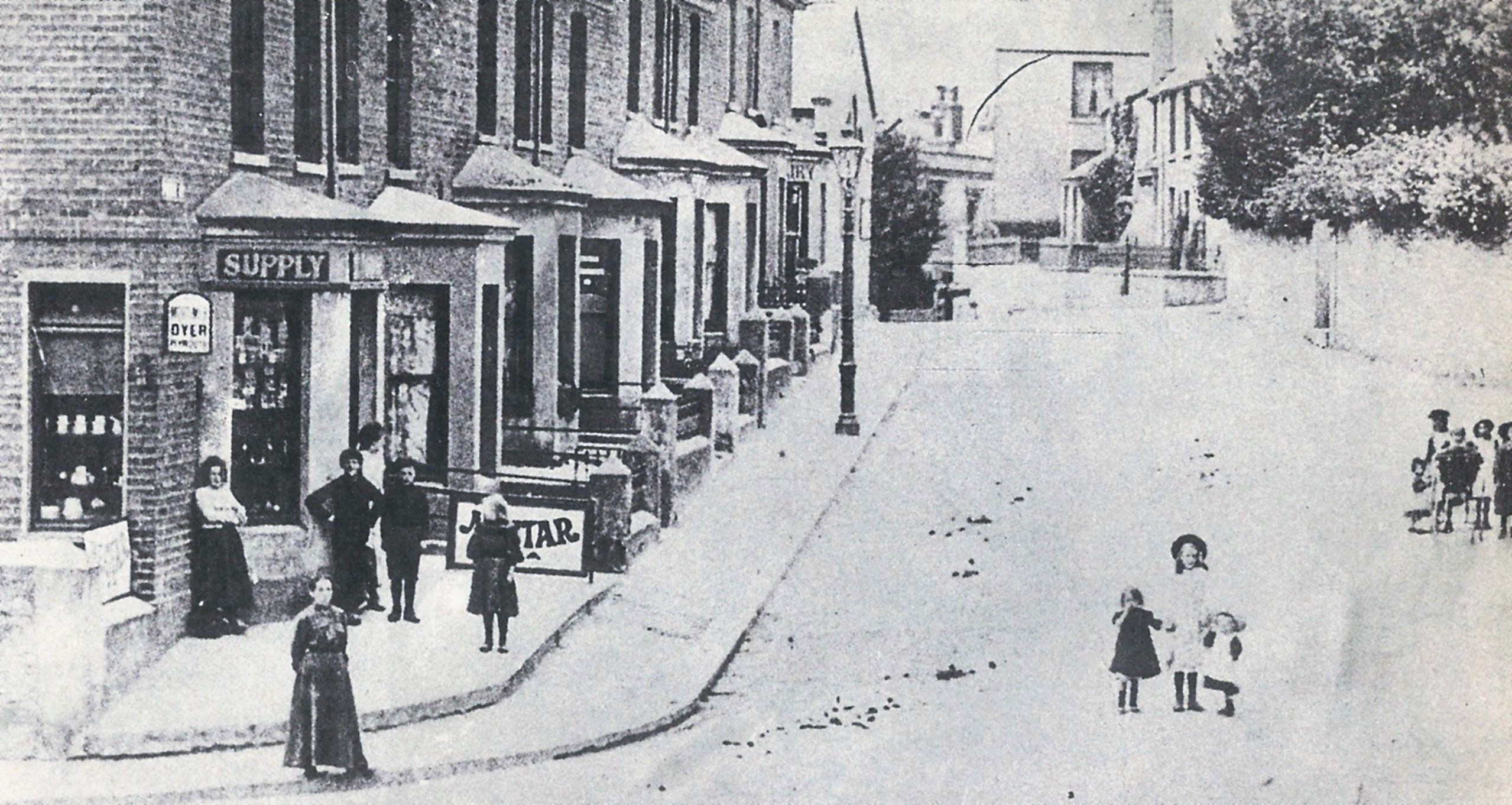
It's not easy to grow up in Compton, but caring for horses doesn't just make living here easier. Richland Farm is set in the middle of a place that consistently has one of the highest crime rates in the nation. The main thing that stood out to him in reporting this story, Thompson-Hernández says, was how the children see the Compton Cowboys. “So I sort of had a very unique relationship to this story.” Tre Hosley breaking a horse in (Photo by Walter Thompson-Hernández) “What was so unique about this is that usually you have white people writing about communities of color, but like here I am, a person who identifies with the people who I'm writing about,” Thompson-Hernández says. He spent a year writing the book and became so immersed in the story that he was “both a participant and observer,” he explains. Hook embodies some of the reasons why Thompson-Hernández wanted to tell the story of these modern Compton Cowboys. Everytime we would do a run, people go, 'Whoa, look at the time.’ ” “We say it fast, but it's because he's so fast. He says some of his initial memories are the training of his first horse. Posse Ranch Equestrian Program, and in 2017, Hook and nine other students took over the farm. Thirty years ago, Hook’s aunt created the Compton Jr. There's a running track and about a dozen horses in the stables. Stretching eight blocks, it’s tucked behind a row of unassuming ranch style houses in the middle of a neighborhood.īut it's a bona fide farm. The farm was originally owned by the city’s founder, G.D.

He and others hold weekly classes for kids, teaching them the ins and outs of caring for horses, at the Richland Farm in Compton. Thirty-year-old Randy Hook is one of the new generation of Compton Cowboys. “These are a bunch of friends who are trying to reassert the black cowboys back into the history books.” “At some point in history, people started to neglect the black cowboy story, which is what makes this story so important,” he says. They also played a prominent role in the founding of the American West.

The lasting narrative is that cowboys are white, but in fact, one in four cowboys in the U.S. That was a part of the story that wasn't told to me in school, and I felt like it was a part of history that I would have wanted my teachers to have told me about - and it never was.” Anthony having a moment with his horse, Dakota. “But also seeing black men on horses, to me, was very important. “I'm the son of a black man and Mexican mother, and so for me, I grew up seeing Mexican cowboys, a lot like brown men on horses, was a normal thing,” he says. Thompson-Hernández would roll down his window to hear the click-clacking of the horses hooves on the concrete.Īnd it was only as he got older that Thompson-Hernández realized these men on horses signified something even deeper: the endless possibilities of what he could do in this world as a black man. He was about five or six in the backseat of his mom's car, and there was this cowboy riding bareback with a quiet confidence, his back long and strong, taking command of this urban landscape. He says he still remembers the first time he saw one of the Compton Cowboys on a horse.

“People honk at them like, 'Hey, black cowboys! You guys looking great. “Everyone stops them for photos,” he says. Thompson-Hernández grew up about 10 minutes from the city, and he says black cowboys were like “local superstars.” Randy Hook and Kenneth Atkins (Photo by Walter Thompson-Hernández) These cowboys also made their life's work teaching young kids in South Central LA about the possibilities and power of healing through horsemanship. In his new book, " The Compton Cowboys: The New Generation of Cowboys in America's Urban Heartland," Thompson-Hernández chronicles the lives of 10 friends continuing the legacy of the original Compton Cowboys who for more than 30 years were a mainstay in the city.
It’s a city where the strong bonds between black men are built through the diligent care of horses. Facebook Email Waiting to ride in the Compton Christmas Parade (Photo by Walter Thompson-Hernández)įor those who have never been to South Central Los Angeles, a mention of the city of Compton might bring to mind the sounds of gangsta rap.īut for author and journalist Walter Thompson-Hernández, there’s something else that comes straight out of Compton: black cowboys.


 0 kommentar(er)
0 kommentar(er)
